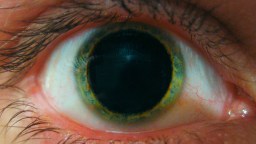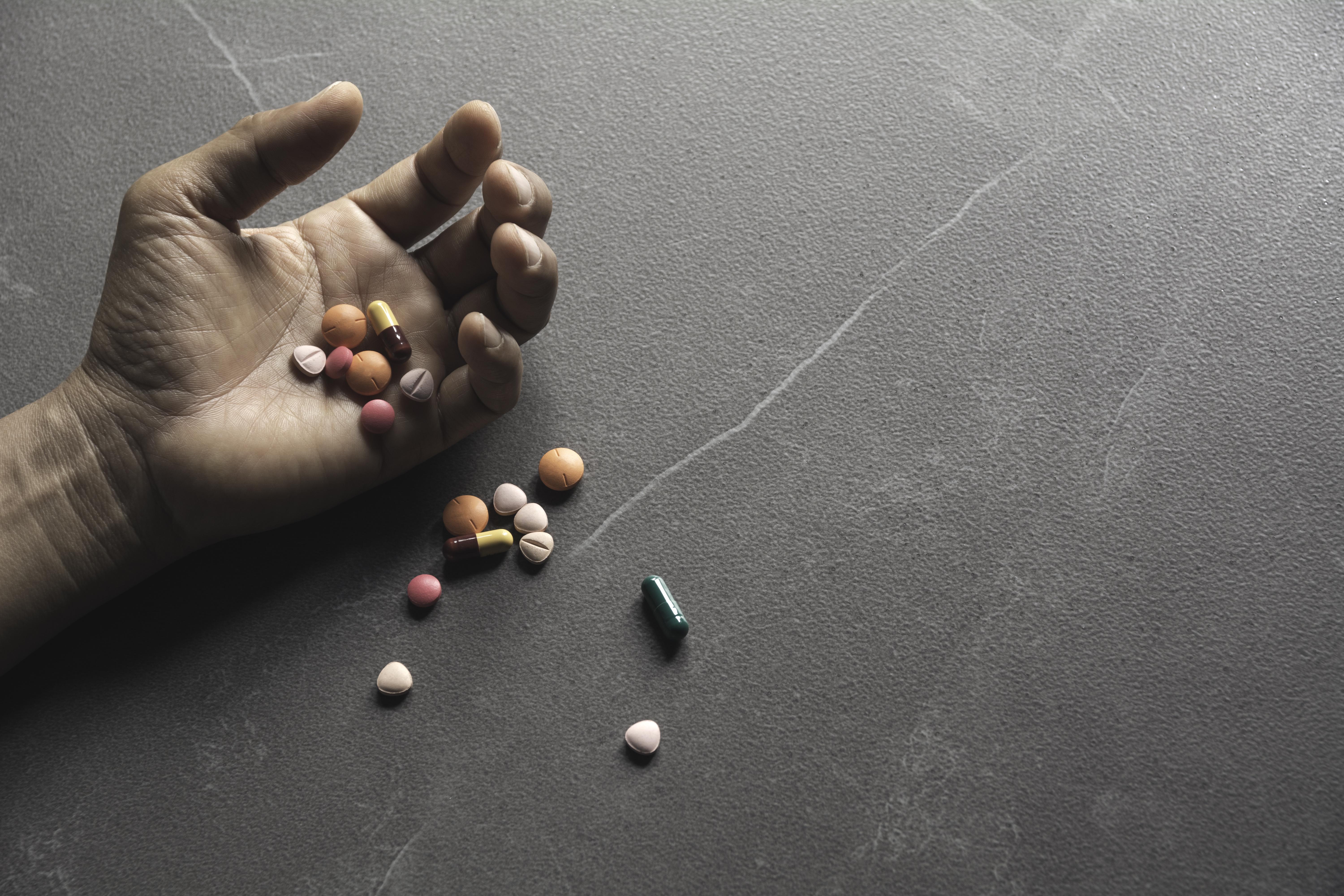The U.S. was founded on the principles of life, liberty, and the pursuit of happiness.
So, why does the government prohibit Americans from altering their state of consciousness with drugs it has deemed illegal? After all, drug prohibition has not only proven ineffective and unjust in many cases, but it also impinges on one’s right to live life as they see fit. It restricts liberty and the pursuit of happiness.
Given these inconsistencies between principle and policy, what role should the U.S. government play, if any, in regulating mind-altering substances as we move forward into the 21st century?
DR. CARL HART: The Declaration of Independence is the founding document of the country. It's not a law, it's the ideal which we are striving to get to. The major ideals that are espoused in the Declaration is that every human has at least three birth rights: life, liberty, and the pursuit of happiness. And then the Declaration also says that, 'Governments should be created in order to secure these rights not restrict these rights.' If we were consistent, we would allow Americans to alter their consciousness-but we're not doing that. What we have today is that our government is restricting our rights to alter our consciousness, restricting our rights to put whatever we decide in our body. It's inconsistent with this promise of Americans being able to live their life as they see fit.
So when we look back on the civil rights movement, for example, many of the leaders look to the Declaration of Independence showing that many of the laws, particularly like Jim Crow laws, were inconsistent with this promise of life, liberty and the pursuit of happiness for its Black citizens. And they were asking the country to live up to its ideals. Dr. Martin Luther King for example said that, 'We have an obligation as citizens to disobey unjust laws.' And I'm arguing that our drug laws are unjust.
One way that we can engage in civil disobedience is that we can disobey that law. And we disobey that law by coming out of the closet about your drug use. It would show the country that its view of a drug user is wholly inaccurate. The typical drug user is a middle-class person who is well functioning, who contributes to their community. And so, I wanted people to come out of the closet so people could see this. There are still potential consequences for me being out of the closet about my drug use, but it's far more important for us as Americans to set the record straight-and for us Americans to stand up on behalf of people who have been persecuted merely for acknowledging that they use drugs.
What parades as patriotism in the United States is not real patriotism. "America First! America First!" So these people who wave flags and claim to be patriots-that's not necessarily patriotism.Patriotism is fighting for other people's rights like life, liberty, and the pursuit of happiness. The problem is many Americans don't even know they have those birthrights.
So the bottom line is that when I think of my drug use, I think about, "This is my prerogative!" This is related to my liberty. I have the choice to put in my body as I see fit, and what I see fit to put into my body, that's my choice. And I think of drug use in the same way. As long as I am not preventing other people from doing the same, there are no problems.







